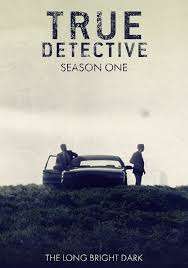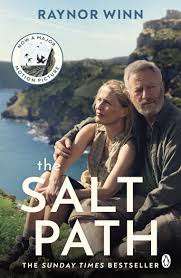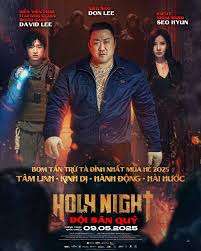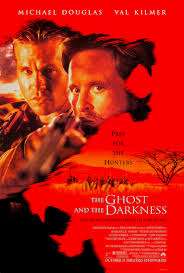Park Chan-wook has never been one to shy away from the twisted and the taboo. With Oldboy (2003) and Sympathy for Lady Vengeance (2005), he cemented himself as a master of provocative storytelling. Thirst (2009) is no exception. A daring reimagining of Émile Zola’s Thérèse Raquin, infused with gothic horror and erotic obsession, Thirst is as much a film about doomed love as it is about the monstrous hunger that comes with vampirism. It is violent, sensual, darkly comedic, and ultimately tragic—a film that lingers long after the credits roll.
A Unique Spin on the Vampire Mythos
While vampire films had long been steeped in romanticism, Thirst takes a different approach. This is not a glamorous or seductive version of the undead; Park Chan-wook’s vision is grotesque, painful, and filled with existential dread. The story follows Sang-hyun (played masterfully by Song Kang-ho), a devoted Catholic priest who, in a desperate attempt to save lives, volunteers for a secret medical experiment aimed at curing a deadly virus. The procedure fails, and instead of dying, Sang-hyun is miraculously revived—only to discover that he has become a vampire.
His newfound condition is both a blessing and a curse. He no longer suffers from the illness, but he is now plagued by an insatiable thirst for blood. What follows is a moral struggle between his faith, his desires, and his gradual descent into darkness.
Song Kang-ho’s Complex Performance
Song Kang-ho, one of South Korea’s finest actors, delivers a performance that is nothing short of mesmerizing. He plays Sang-hyun with an internal conflict that feels deeply human—his guilt, his fear, and his growing lust for both blood and pleasure make for a fascinating character study. Unlike typical vampire protagonists, he does not embrace his condition with arrogance or cruelty; instead, he wrestles with the implications of what he has become, making his descent all the more tragic.
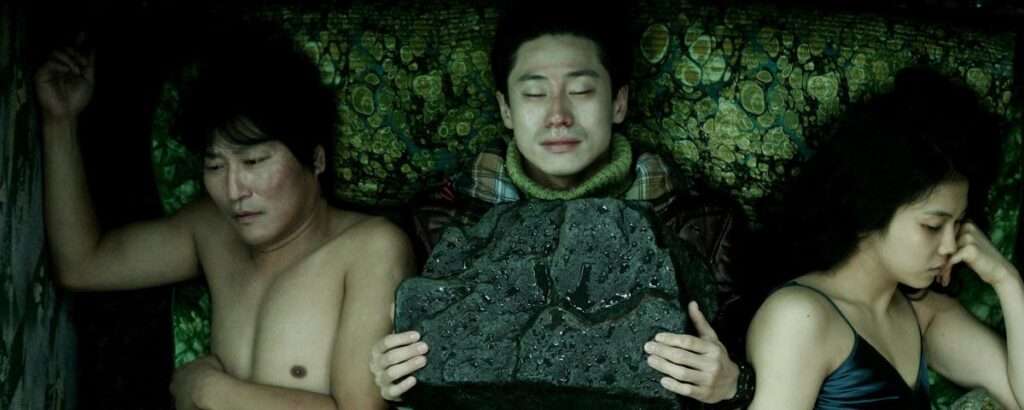
The Femme Fatale: Tae-ju’s Transformation
Enter Tae-ju (Kim Ok-bin), a young woman trapped in a loveless marriage to the sickly and pathetic Kang-woo (Shin Ha-kyun). At first, she is a victim—submissive, meek, and resigned to her fate. But when she becomes involved with Sang-hyun, her true nature begins to surface. What starts as a passionate love affair soon turns into something far more dangerous. Tae-ju is not merely seduced by Sang-hyun’s vampirism—she revels in it. Unlike him, she feels no guilt, no remorse. She becomes a predator in every sense of the word, and her transformation into a bloodthirsty monster is both exhilarating and horrifying to watch.
Kim Ok-bin delivers an absolutely chilling performance. Her shift from an oppressed woman to a creature of pure, unchecked desire is one of the film’s most compelling aspects. She is unpredictable, chaotic, and, in many ways, more terrifying than Sang-hyun himself.
A Love Story Drenched in Blood
At its core, Thirst is a love story—but one that is twisted and doomed from the very beginning. Sang-hyun and Tae-ju’s relationship is built on mutual destruction. Their passion is all-consuming, and as the film progresses, it becomes clear that they are heading toward an inevitable, catastrophic downfall.
What makes Thirst so fascinating is how it portrays love as something both beautiful and monstrous. The intimacy between the two leads is intense, yet their need for each other is ultimately toxic. The film does not shy away from explicit sexual content, but unlike conventional vampire romances that glorify the sensuality of the undead, Thirst makes these moments feel raw, desperate, and, at times, unsettling.

Park Chan-wook’s Signature Visuals
Park Chan-wook’s direction is nothing short of masterful. Every frame is meticulously crafted, balancing beauty with grotesquery. The cinematography by Chung Chung-hoon is rich in contrasts—stark whites, deep shadows, and splashes of crimson. Blood in Thirst is not just a necessity for survival; it is a symbol of indulgence, addiction, and sin.
One of the most striking aspects of the film is its use of light and space. The cramped, suffocating setting of Tae-ju’s home contrasts with the eerie emptiness of the world Sang-hyun finds himself in. The visuals mirror the characters’ emotional states, making their descent into madness feel even more palpable.
Dark Humor and Tragic Irony
Despite its grim subject matter, Thirst is laced with dark humor. Park Chan-wook has always had a knack for blending horror with absurdity, and Thirst is no exception. There are moments of comedy that feel almost inappropriate given the film’s heavy themes, yet they work. A particular standout is the dynamic between Sang-hyun and Tae-ju’s mother-in-law, whose growing suspicions lead to some of the film’s most hilariously unsettling moments.
The humor, however, does not detract from the film’s overarching tragedy. If anything, it heightens it. There is a constant undercurrent of irony running through Thirst—a priest who becomes a vampire, a woman who finds freedom in monstrosity, a love that ultimately leads to ruin. These contradictions make the film all the more compelling.
A Pacing That Demands Patience
If Thirst has one flaw, it is its pacing. Unlike Park’s more tightly structured films like Oldboy, Thirst takes its time unfolding. The first half is deliberately slow, emphasizing Sang-hyun’s struggle with his newfound condition. While this slow burn adds depth, some viewers may find it meandering.
However, once Tae-ju fully embraces her darker nature, the film takes a drastic turn. The second half is a whirlwind of violence, betrayal, and nightmarish intensity. The deliberate pacing of the first half makes the chaotic unraveling of the second half feel even more jarring, which may or may not work for all audiences.
A Finale That Sticks With You
The ending of Thirst is nothing short of poetic. Without giving too much away, it is a conclusion that feels both inevitable and hauntingly beautiful. There is a sense of tragic acceptance—of two souls who have burned too brightly, consumed by their own hunger. It is a rare vampire film that understands that true horror is not in the bloodshed itself, but in what it reveals about the people who crave it.
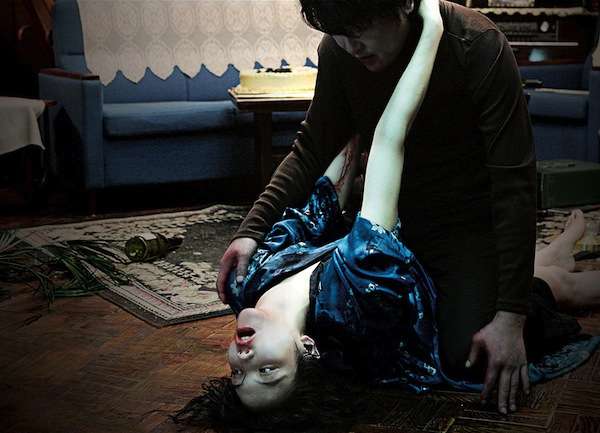
Final Verdict: A Masterpiece of Horror and Romance
Thirst is not a conventional vampire film, nor is it an easy watch. It is a film about contradictions—faith and sin, love and destruction, restraint and indulgence. It challenges its audience, offering no easy answers and no clear moral lines. Instead, it presents a world where desire is inescapable and damnation is self-inflicted.
For those willing to embrace its deliberate pacing and unconventional narrative, Thirst is an unforgettable experience. It is brutal, sensual, and deeply tragic—one of the finest and most original vampire films of the 21st century.
Rating: 9/10
